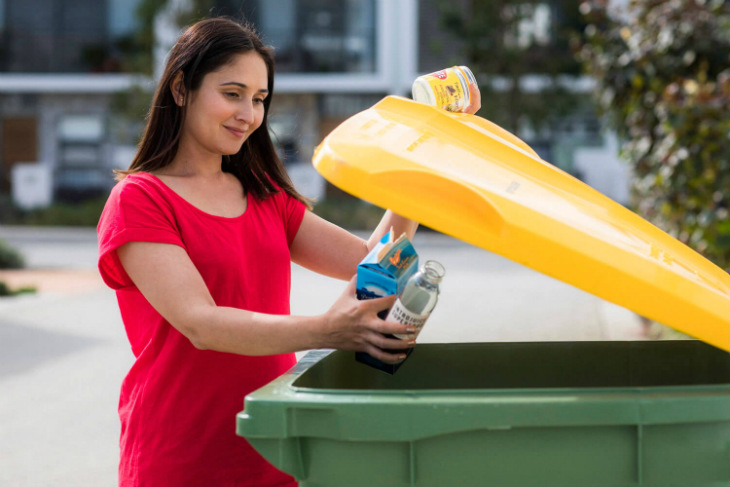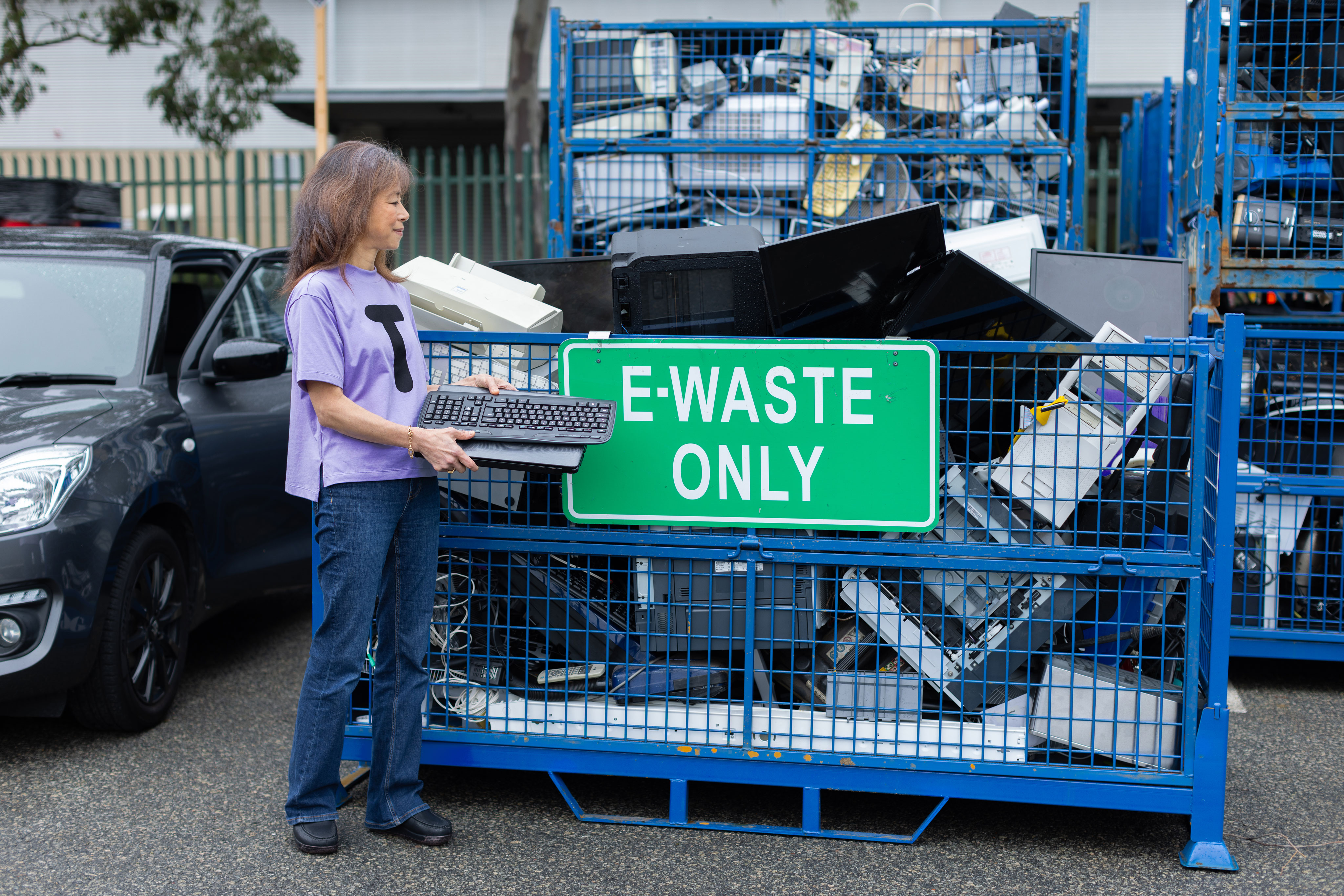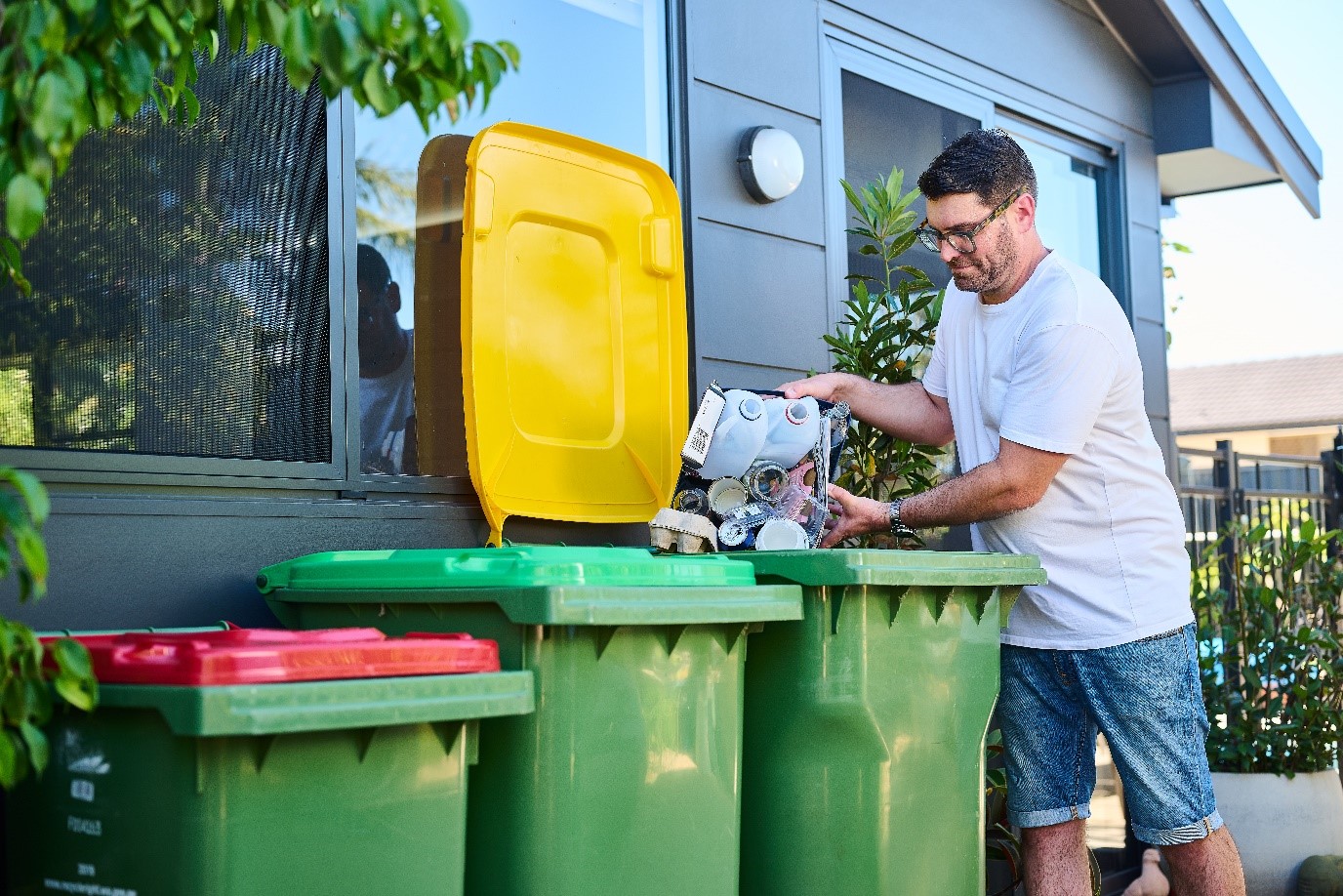A simplified guide to using your yellow-topped bin.
Posted on: September 13, 2018
Disclaimer: This blog reflects information accurate at the time of its original publication. It has been preserved for archival purposes and may not reflect the most up-to-date details or developments.
For the first time there is a clear set of guidelines for all WA households about what can and can't be put in your yellow-topped recycling bin, making it easier for you to own your impact and do the right thing.

We all know to look for the recycling symbol, but just because an item is labelled 'recyclable' it doesn't mean that it's easy to do, or that the organisation responsible for collecting your waste locally can.
These new guidelines, agreed in partnership with WALGA, regional councils and waste management companies and applicable to all Western Australians, are designed to help make it easier than ever to use your yellow-topped recycling bin correctly and help avoid unnecessary contamination.
Here's everything you need to know...
These items go in your yellow-topped bin:

This means that any containers made from plastic steel, glass or aluminium, along with paper (not shredded) and cardboard should be placed in your yellow-topped bin when you are at home and, in bins marked 'recycling' when you are out and about.
These items DO NOT go in your yellow-topped bin:
- material in bags (any recyclable material should be placed loose in the bin);
- plastic bags (including food packaging) and light plastic film;
- nappies;
- clothes or other textiles;
- garden and food waste;
- batteries or e-waste;
- gas bottles and aerosols; and
- ropes, cables and garden hose pipes.
By making these simple changes you can help reduce our landfill. Contact your council to find out how other items should be disposed of correctly.



